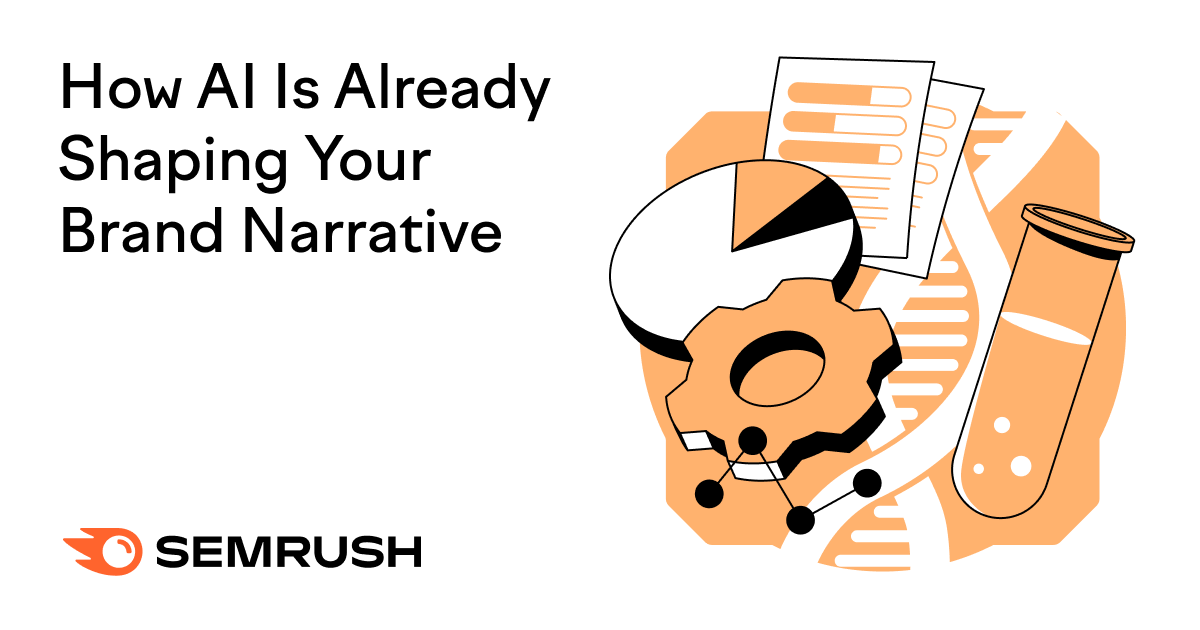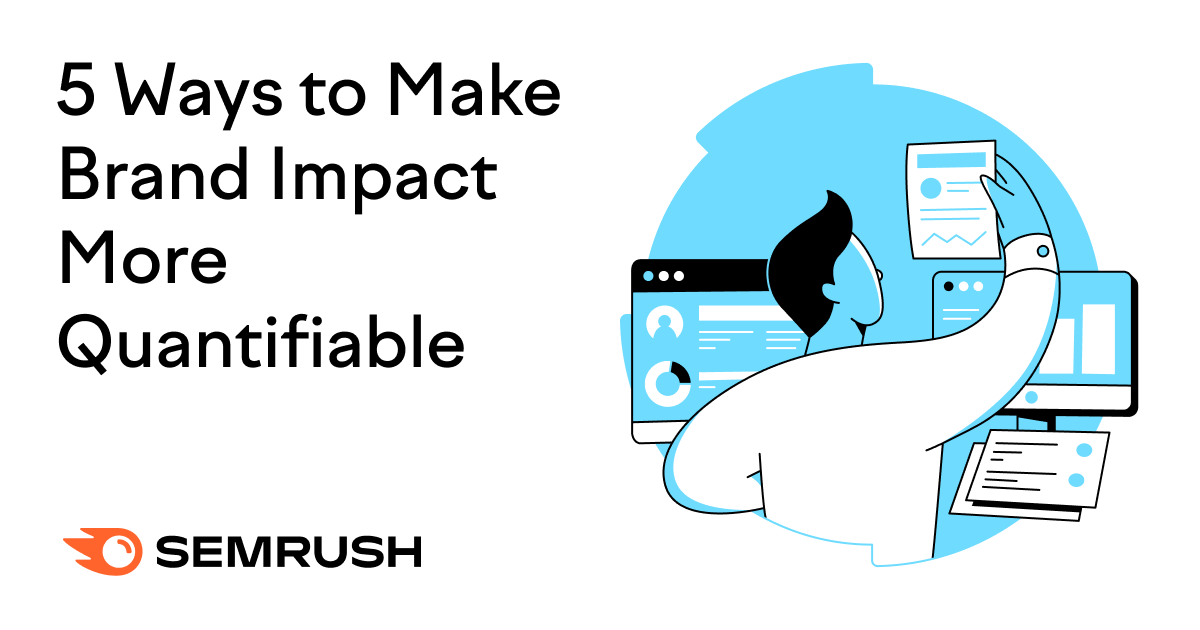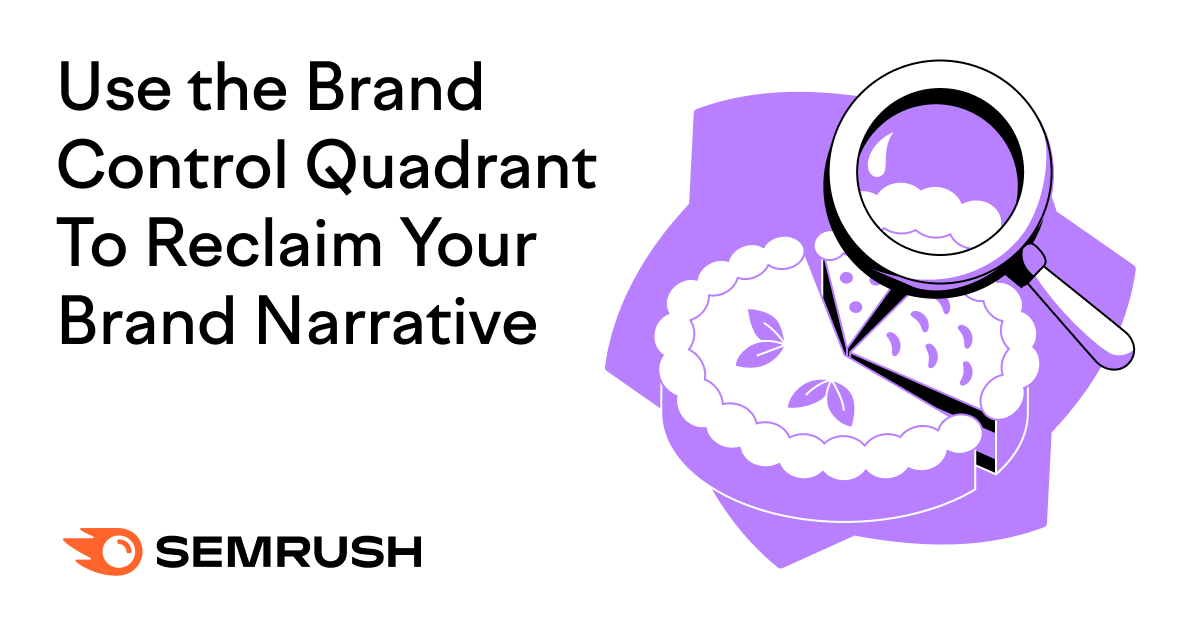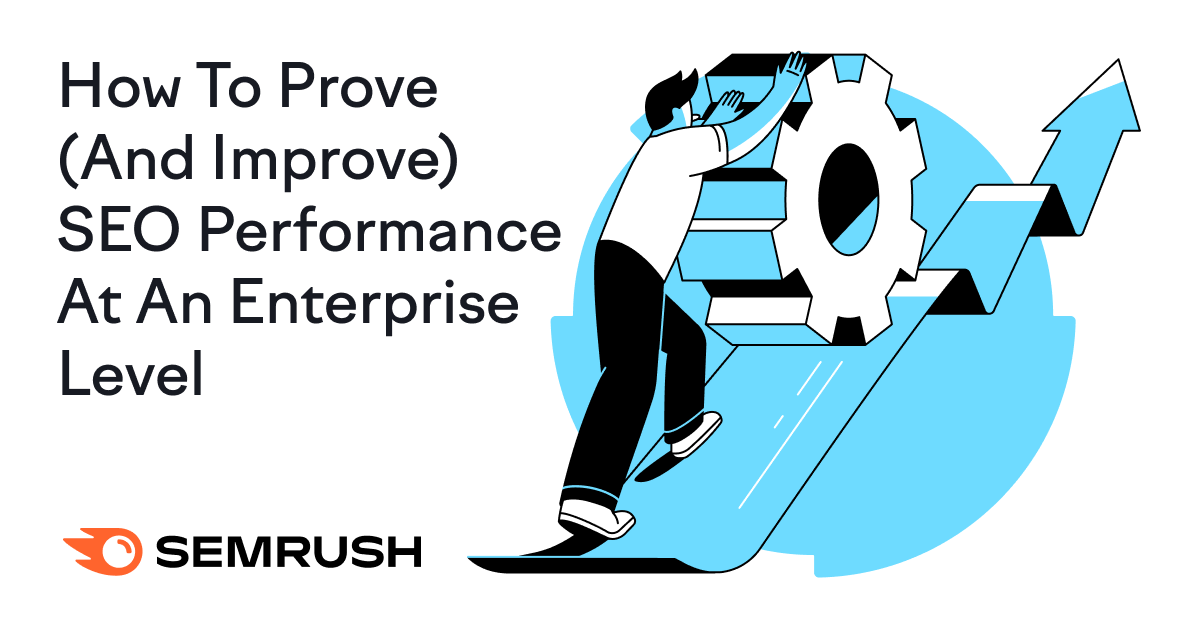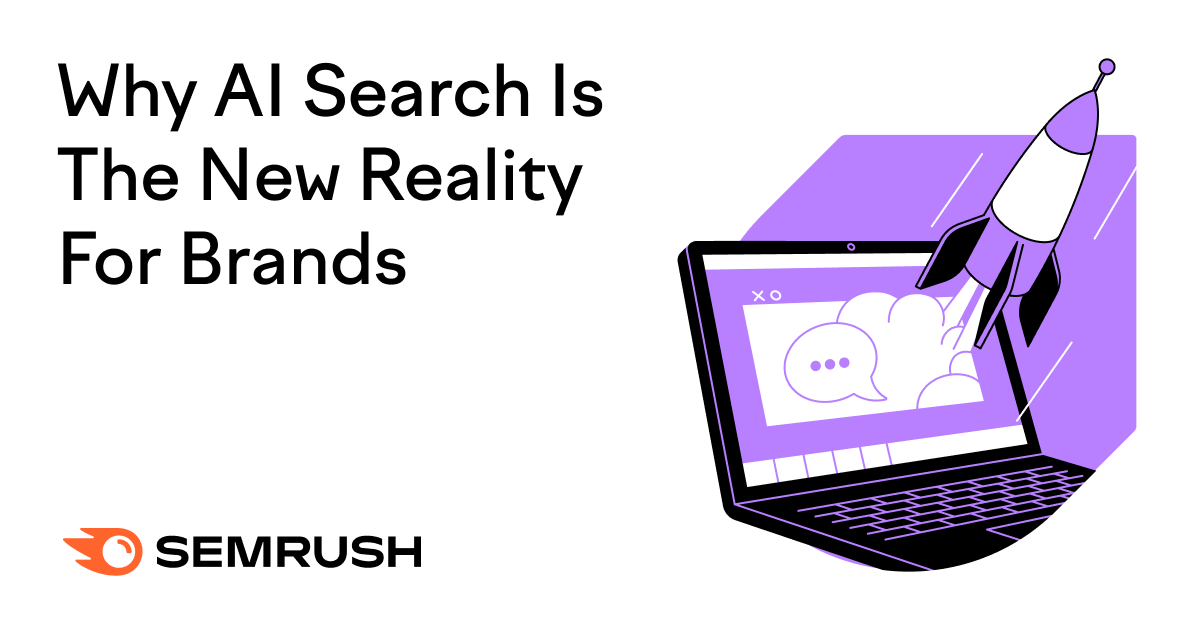
In an era of accelerated change, search isn’t dying. It’s evolving.
Crystal Carter, Head of SEO Communications at Wix and a 15-year SEO veteran, challenges the growing “SEO is dead” myth. Her message is clear: organic search isn’t disappearing, but how it works, who controls it, and what drives visibility have changed radically. And this presents a big opportunity.
Spoiler: If your brand isn’t visible in AI-generated search results, someone else’s will be.
From ChatGPT to Gemini, from static LLMs to real-time augmented models, let’s break down the seismic shifts shaping today’s search and what digital leaders must do to stay ahead.
Watch the interview
Crystal’s insights are invaluable for CMOs, SEOs, and digital marketers aiming to future-proof their strategies. AI isn’t the end of SEO, but a new chapter.

Why does the shift to AI search matter? Lets start with how fast this transformation is happening:
This is no longer theoretical. It’s happening now, and marketers can’t afford to wait.
The LLM models you must understand
There are two dominant types of AI models that are shaping your brand’s visibility:
1. Static, pre-trained LLMs
Think of these like encyclopedias. They only “know” what was available when they were last trained.
If your content, brand, or presence isn’t part of that training data, you’re invisible.
2. Search-augmented LLMs
These reference real-time web results when generating answers.
If you control high-quality, up-to-date content on authoritative platforms, you can influence AI-generated results now.
To win in both worlds, you need to treat AI search as a channel mix. This requires individual optimization approaches to ensure your brand must be present in both training sets and current search ecosystems.
The new playbook for SEO and AI search
Traditional SEO tactics still matter, but brands should now opt for a layered optimization strategy. Here are the core principles:
- Ensure indexability: Improve crawlability, internal linking, and page structure.
- Increase semantic relevance: Optimize for entities, not just keywords. Include structured data and context-rich descriptions.
- Control brand narratives: Get cited by authoritative third-party publications, Reddit, Quora, and industry sources. These not only help train LLMs and shape AI perceptions, but also help to build brand equity.
Also essential? Measurement. Because if you’re not tracking your AI search performance, you’re not able to effectively manage, or grow, your brand visibility.
Tracking your LLM visibility and sources
Crystal recommends leveraging dedicated solutions that can support getting started with Generative Engine Optimization (GEO) and help answer key questions like:
- Is your brand mentioned in AI-generated answers?
- Are your URLs being cited in LLM responses? If not, which sources are?
- What kinds of prompts lead to your content or brand?
You can start seeing signals through GA4 attribution and or lead forms. But for more robust insights, tools that specifically measure LLM share of voice, brand mentions, and sentiment are a necessity.
Key takeaways
- AI-driven search is not a future trend, it’s a drastic shift that’s taking place now. Adapt or fall behind.
- Understand the difference between static and search-augmented LLMs—and optimize for both.
- Brand presence in third-party sources, structured content, and semantic optimization are non-negotiable.
- Track your LLM visibility and take action. If you’re not measuring it, it doesn’t matter.
Rise to the new challenge of AI search and exceed competitors, with AI Optimization by Semrush Enterprise. It’s the first enterprise-grade solution designed to tackle brand visibility in this new era.
Maintain and elevate your brand presence across AI search:
- Ensure accuracy and consistency: Track how AI engines interpret and display your brand, ensuring a consistent and accurate brand story across AI-powered answers.
- Protect brand authority: Monitor social signals and sentiment to proactively manage brand reputation, mitigate risks, and reinforce positive narratives.
- Build entity-based strategies: Use structured data and semantic connections to align your brand’s key elements across AI models and boost discoverability.
- Benchmark against competitors: Analyze AI-driven visibility and influence relative to competitors to uncover gaps, threats, and new opportunities.
- Align to business goals: Connect AI search to your broader brand strategy, enabling data-driven decisions that drive measurable impact.
AI Optimization helps ensure your brand doesn’t just appear, but stands out with clarity, authority, and trustworthiness across AI-driven search environments.
![What Is a Markup Language? [+ 7 Examples] What Is a Markup Language? [+ 7 Examples]](https://static.semrush.com/blog/uploads/media/82/c8/82c85ebca40c95d539cf4b766c9b98f8/markup-language-sm.png)
